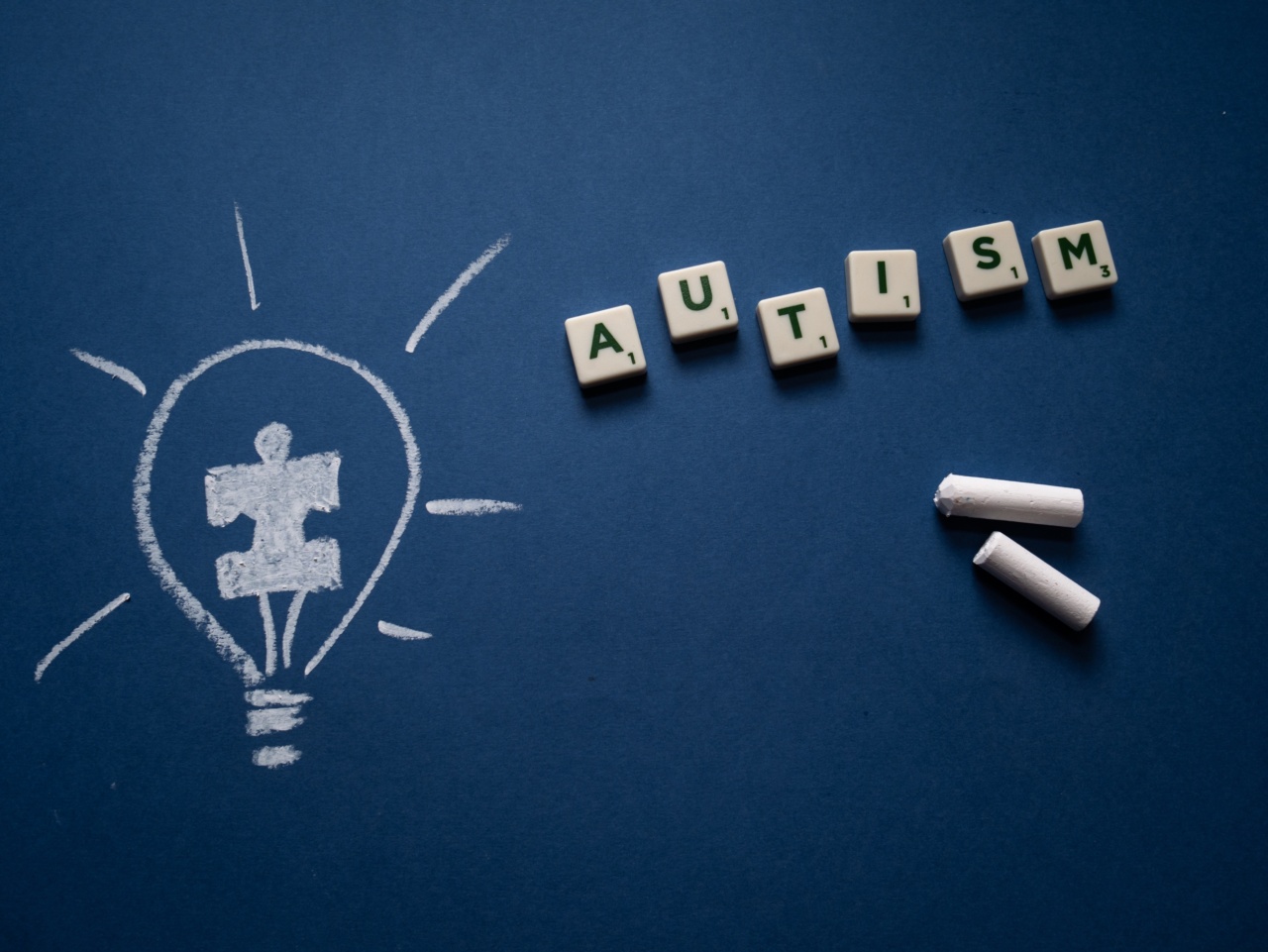Autism Spectrum Disorder (ASD) is a developmental disorder that affects communication, social interaction, and behavior. It’s usually diagnosed in early childhood, but the signs can appear as early as 2 years old.
As a parent or caregiver, it’s important to recognize the signs of ASD so that your child can receive early intervention and support.
Signs of Autism Spectrum Disorder in Toddlers
Every child is unique and develops at their own pace. However, if your child shows several of the following signs, it’s important to speak with your pediatrician or a specialist:.
1. Delayed Speech and Language Skills
Children with ASD often have delayed speech and language skills. They might not babble or use gestures like pointing or waving. They might also have difficulty understanding or processing language.
2. Lack of Eye Contact
Toddlers with ASD might avoid eye contact or have difficulty maintaining it. They might appear to be looking through people rather than at them.
3. Repetitive Behaviors
Children with ASD often engage in repetitive behaviors, such as hand-flapping, rocking, or spinning. They might also have a fixation on specific objects or topics.
4. Avoidance of Social Interaction
Toddlers with ASD might avoid social interaction, including playing with other children. They might prefer to be alone or have difficulty understanding social cues.
5. Sensory Sensitivities
Children with ASD might have sensory sensitivities, such as being sensitive to loud noises or certain textures. They might also seek out sensory input, such as spinning or touching objects.
6. Difficulty with Transitions
Toddlers with ASD might have difficulty with transitions and changes in routine. They might become upset or have tantrums when a familiar routine is disrupted.
7. Delayed Motor Skills
Children with ASD might have delayed motor skills, such as crawling, walking, or running.
8. Unusual Play Behaviors
Toddlers with ASD might engage in unusual play behaviors, such as lining up toys or spinning objects instead of playing with them in a typical way.
9. Difficulty with Empathy
Children with ASD might have difficulty understanding and expressing empathy. They might struggle to recognize or respond appropriately to others’ emotions.
10. Regression in Development
Sometimes children with ASD who have been developing typically may begin to regress and lose previously acquired skills, such as language or social interaction.
Conclusion
Recognizing the signs of ASD in toddlers is crucial for early intervention and support. If you’re concerned about your child’s development, speak with your pediatrician or a specialist.
With early intervention, children with ASD can receive the support they need to thrive.































